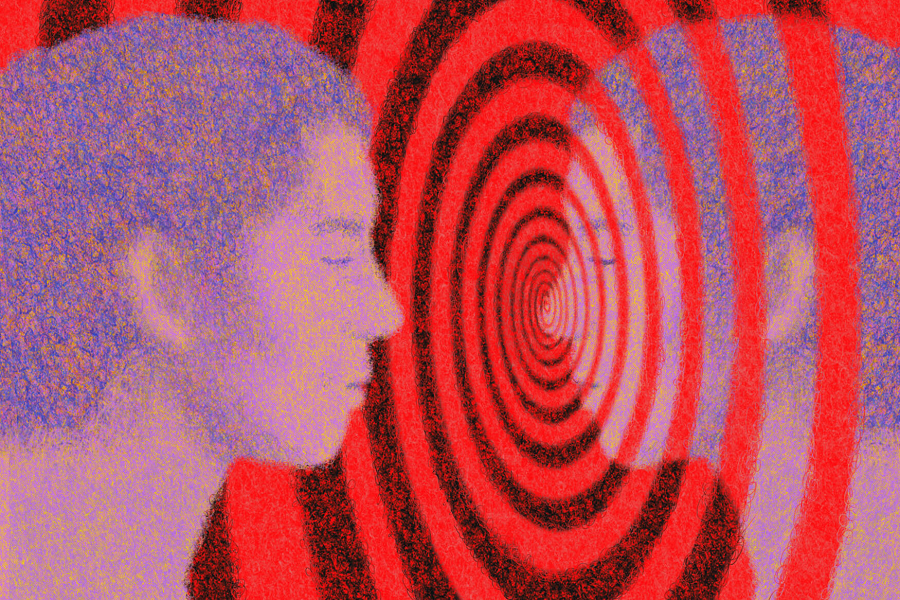Introduction –
Hypnosis, otherwise called hypnotherapy, is a technique for prompting a daze or a fantasy like condition of profound unwinding to treat problems of an essentially mental or close to home beginning. It has been polished in different structures for millennia by numerous past societies. In the nineteenth and mid twentieth hundreds of years, hypnosis (or ‘trancelike state’) was considered more to be a sideshow interest than a legitimate clinical treatment. You can also look here for, Best Hypnotherapist Vancouver & book an appointment. Today, hypnosis is perceived by mainstream researchers as a successful recuperating device, despite the fact that how it functions is as yet something of a secret. It’s anything but a therapy by its own doing, however is utilized as a piece of clinical, mental and dental medicines.
How Hypnosis Heals –
Hypnosis can assist you with evolving mentalities, discernments and ways of behaving. It very well may be viable in treating a scope of clinical and mental issues, including: nervousness, asthma, persistent agony, fears and fears, smoking, hypertension, a sleeping disorder, fits of anxiety, stress, headache, thumb sucking, rest issues, faltering. The cerebrum has various degrees of cognizance, or mindfulness, going from completely aware of tired to completely snoozing, with in the middle between. Entrancing states happen normally and precipitously. Fantasizing and being caught up in a charming undertaking and forgetting about time, doing an ordinary undertaking (like washing the dishes) while contemplating something different, to the extent that you can’t really recall playing out the errand, getting calmed into a marvellous state by fatigue, for instance, while paying attention to a dull discourse.
About Clinical Hypnosis –
Clinical hypnosis intentionally initiates this sort of loosened up condition of mindfulness. When the brain is in a casual express, any remedial ideas can meaningfully affect perspectives, discernments and ways of behaving. The way that this happens isn’t completely perceived. A few scientists accept that hypnosis advances specific cerebrum wave movement that permits the brain to take in and embrace groundbreaking thoughts, while others recommend that hypnosis gets to the ‘oblivious psyche’, which is more open to novel thoughts than the objective ‘cognizant brain’.
You Are In-Charge –
Ideas might be acknowledged, yet provided that those ideas are adequate to the mesmerized individual. In spite of mainstream thinking, you can’t be spellbound into getting things done despite your desire to the contrary. You can’t be constrained into an entrancing state by the same token. All things considered; you permit yourself to be mesmerized. It is your very own wilful modifying awareness, and you are generally in charge. All in all, you are mesmerizing yourself. Hypnosis is viewed as a protected treatment when performed by a certified and experienced expert. In uncommon cases, notwithstanding, a patient might have undesirable secondary effects, for example, Discombobulation, Cerebral pain, Sensations of uneasiness, Stomach upset, Bogus recollections.
After Effects of Hypnosis –
While apparently nearly anybody can be entranced, hypnosis doesn’t continuously achieve great outcomes. It is hazy why hypnosis doesn’t work for everybody. A few specialists accept that an individual is brought into the world with character qualities that permit hypnosis to work, while different scientists trust that the capacity to be entranced is a mastered expertise. Suggestibility doesn’t mean you have a feeble person, as prominently accepted. A solid disapproved of individual might be a decent possibility for hypnosis since they will endeavour to seek results from treatment. Individuals who obtain the best outcomes from hypnosis seem to share a couple of things practically speaking, including: A decent creative mind, The capacity to lose all sense of direction in a film or book, The capacity to think and maintain mental concentration.















